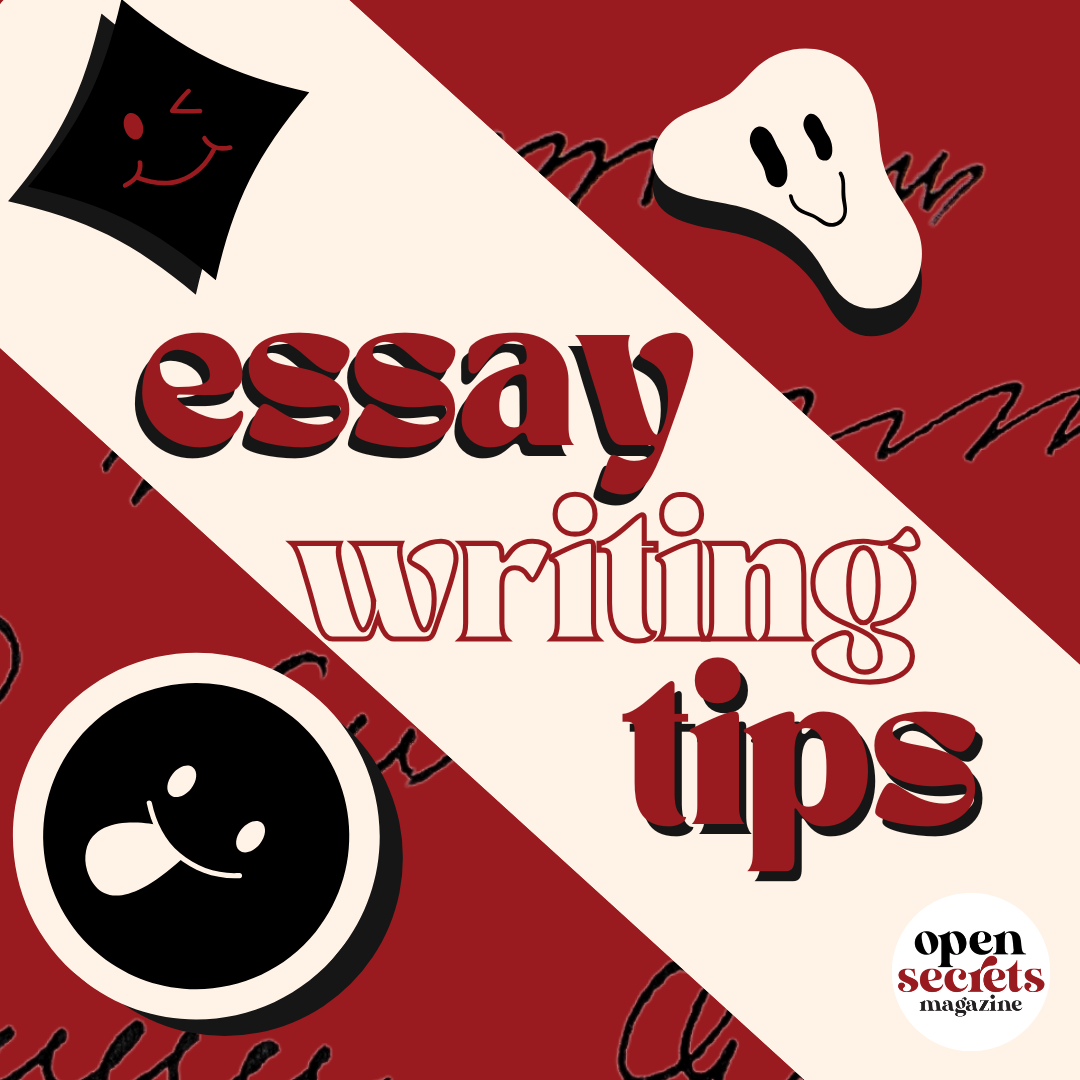How to Write More Compelling Memoirs and Personal Essays by Embracing Messy Middles
‘SLIP’ author Mallary Tenore Tarpley on not simplifying your story
I’ve spent decades writing personal essays about my lived experience with an eating disorder, which I developed when I was 12 years old after my mother died of metastatic breast cancer.
For a long time, I wrote these essays in a way that would have readers believe I was fully recovered. But had readers been able to peer beneath the surface of those words, they would have seen a different reality—of a woman who still lived with the imprints of her disorder and wasn’t fully over it.
After years of getting treated for anorexia, I was ashamed to admit I wasn’t fully recovered. I wanted to write a book about my experiences, but I thought I had to be on the other side of anorexia before I could do so. The only books I’d ever read about eating disorders were written from the perspectives of clinicians or people who were recovered, so I thought I had to be too. Articles in the media didn’t prove to be helpful either, with their lack of attention to (or complete omission of) the messy middles that people find themselves in while working through recovery.
So often, I would read articles describing people who had struggled with eating disorders (or other mental health issues) and had come to a place where the disorder was no longer an issue in their lives. The stories had beginnings and ends, but they were missing middles—the setbacks and small victories that lie between the origins of a disorder and one’s recovery from it. Recovery was often confined to one or two sentences marked by triumphant words: overcome, achieved, conquered.
I saw my false narrative reflected in those stories—the one where I pretended to be “all better.” But I didn’t see my actual narrative, and that lack of a mirrored image left me feeling deeply misunderstood. I began to think that eating-disorder recovery was an untold—or at best half-told—story.
As a journalist and writer, I found myself wanting to change that by telling more stories about what I call “the middle place”—the liminal space between acute sickness and full recovery. So many of us navigate the middle place as we work our way toward illness, and yet we don’t talk about it nearly enough.
The longer the form, the more freedom you have to explore life’s middle places. In my memoir SLIP, liked having so much space to delve deeply into my life as a woman in the middle place. But I’ve found that even in shorter-form personal essays, there is room for exploration.
If you’re in need of a creative spark, or a different angle for your next essay, consider exploring the middle place. In my mind, the best memoirists and essayists do this.





